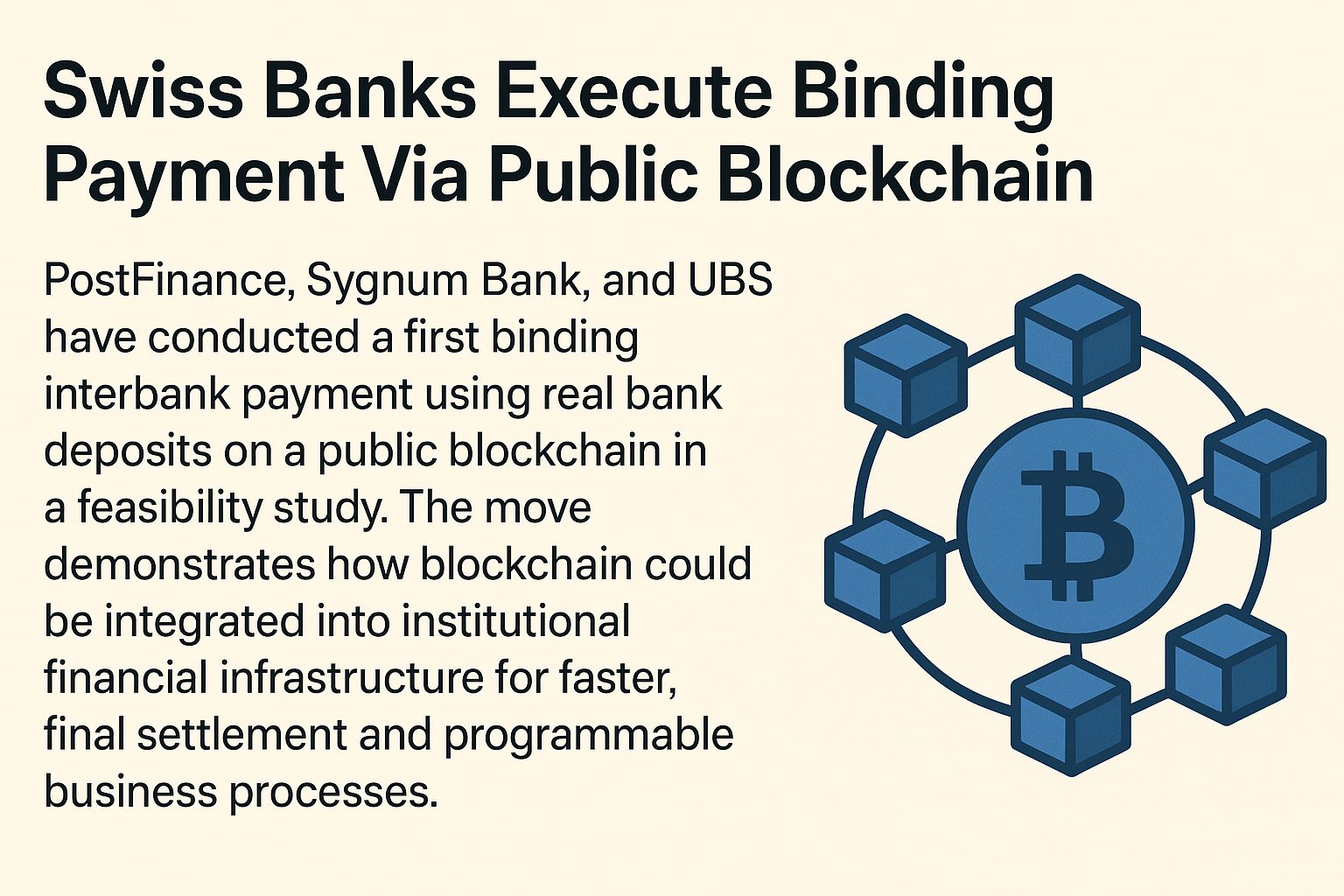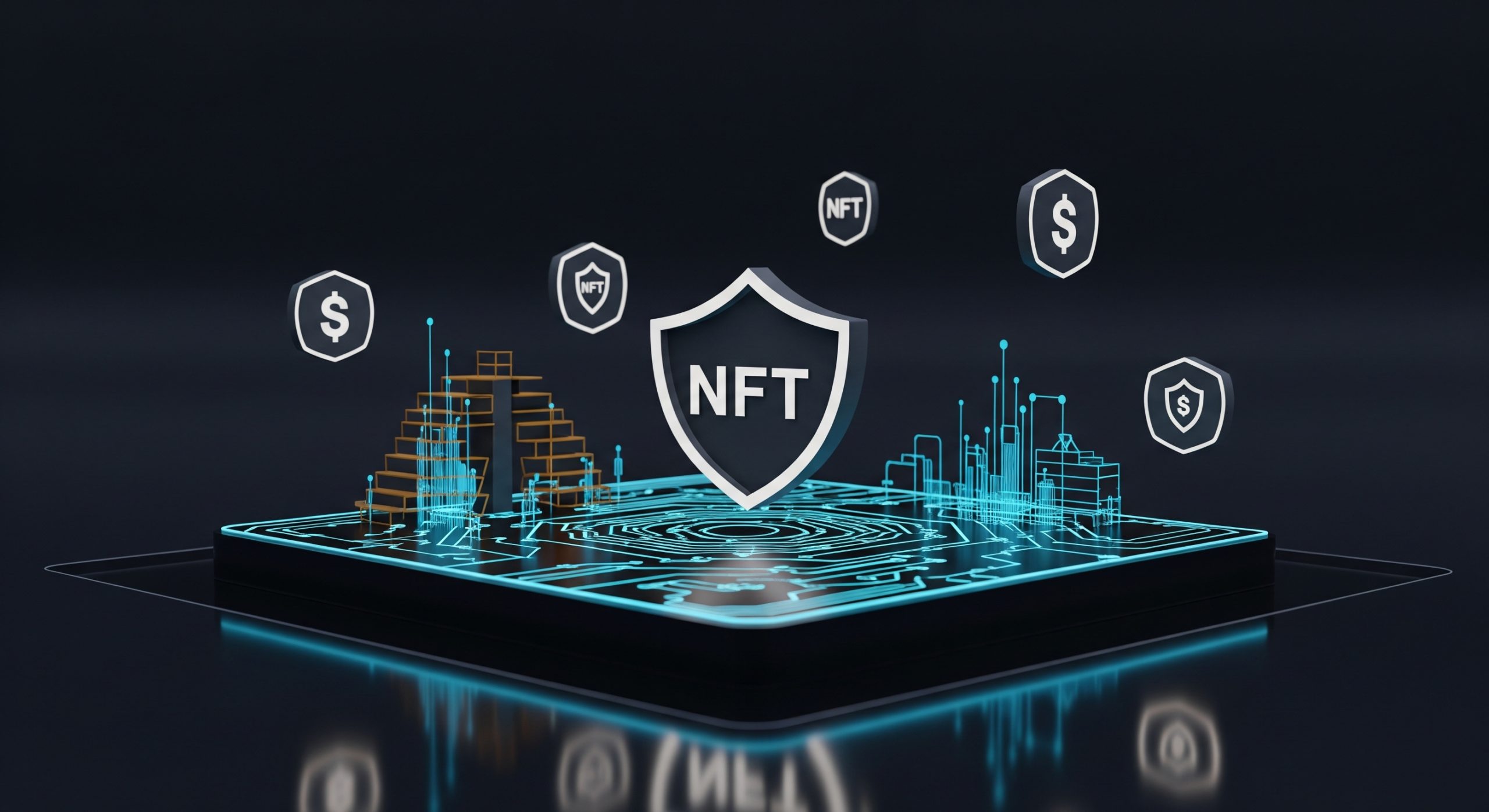In a move that signals how rapidly traditional industries are converging with digital finance, Seazen Group, one of China’s notable property developers, has announced the creation of a Digital Assets Institute in Hong Kong. According to a recent Reuters report, the new initiative aims to accelerate research and development into real-world asset (RWA) tokenisation, including converting intellectual property and income-generating assets into NFTs and other blockchain-based digital formats.
This development arrives as global interest in tokenised assets is surging. Financial institutions, regulators, hedge funds, and real-estate giants increasingly recognise blockchain as a powerful tool for turning real-world value into programmable, liquid, and globally transferable digital assets. Seazen’s step into the space highlights this shift—and it may serve as a blueprint for other Chinese real-estate companies seeking new business models amid sector-wide restructuring.
Why Tokenisation Matters for China’s Real-Estate Sector
China’s property industry has undergone several challenging years—tight credit conditions, liquidity concerns, and changing consumer demand have forced developers to explore new revenue channels. Tokenisation offers a fresh path:
-
Liquidity creation: Turning rental income streams or IP rights into tokenised products could provide faster access to capital.
-
Investor diversification: Tokenised assets enable fractional ownership, broadening investor participation beyond institutions.
-
Transparency and automation: Blockchain can streamline audits, cashflow tracking, and regulatory reporting.
-
Global reach: Setting up the institute in Hong Kong places Seazen in a jurisdiction positioning itself as a digital-asset hub with clearer regulatory frameworks.
By exploring NFTs and other tokenised instruments, Seazen is effectively testing how traditional real-estate assets—often illiquid and difficult to trade—can be brought into a more digital, borderless financial system.
Hong Kong as the Digital Gateway
Hong Kong has rapidly reasserted itself as a leading digital asset center in Asia through structured licensing regimes, oversight of exchanges, and encouragement of institutional-grade blockchain innovation. For Chinese developers, Hong Kong represents:
-
A regulatory sandbox for experimenting with digital assets.
-
A capital-market bridge to international investors.
-
A strategic base for RWA-tokenisation projects that may later be deployed across mainland operations.
Establishing the Digital Assets Institute in this environment is a calculated move—giving Seazen an advantageous position in a territory actively shaping the next era of blockchain finance.
What Could Seazen Tokenise?
While the announcement is still early-stage, several categories of assets are potential candidates:
-
Intellectual property from architectural, design, or development projects
-
Revenue-producing assets, such as leasing income, parking operations, or commercial property yields
-
Digital twins of physical real estate for blockchain marketplaces
-
Tokenised financing instruments, enabling more flexible fundraising
If executed successfully, Seazen could introduce new business lines that go beyond construction and development—tapping into a fast-growing digital-asset economy.
A Broader Trend: Real Estate Turning Digital
Seazen’s initiative mirrors a global trend: combining real-world, highly valuable physical assets with blockchain’s efficiency and programmability. Analysts predict trillions of dollars in real-estate value could eventually be tokenised, making the sector one of the most promising frontiers of digital transformation.
As more developers explore this space, the industry could dramatically evolve—moving from slow, paper-heavy transactions to dynamic digital markets where ownership, income rights, and investment products trade instantly across borders.
Seazen Group’s launch of a Digital Assets Institute underscores how the real-estate industry is preparing for a future where property and blockchain are deeply interconnected. By investing in RWA tokenisation and digital-asset research, the developer is positioning itself at the forefront of financial innovation—potentially influencing both Chinese and global markets.
Whether this move becomes a catalyst for widespread adoption remains to be seen, but one thing is clear:
Tokenisation is no longer a fringe experiment—it’s becoming a strategic priority for major players navigating the next wave of digital finance.




